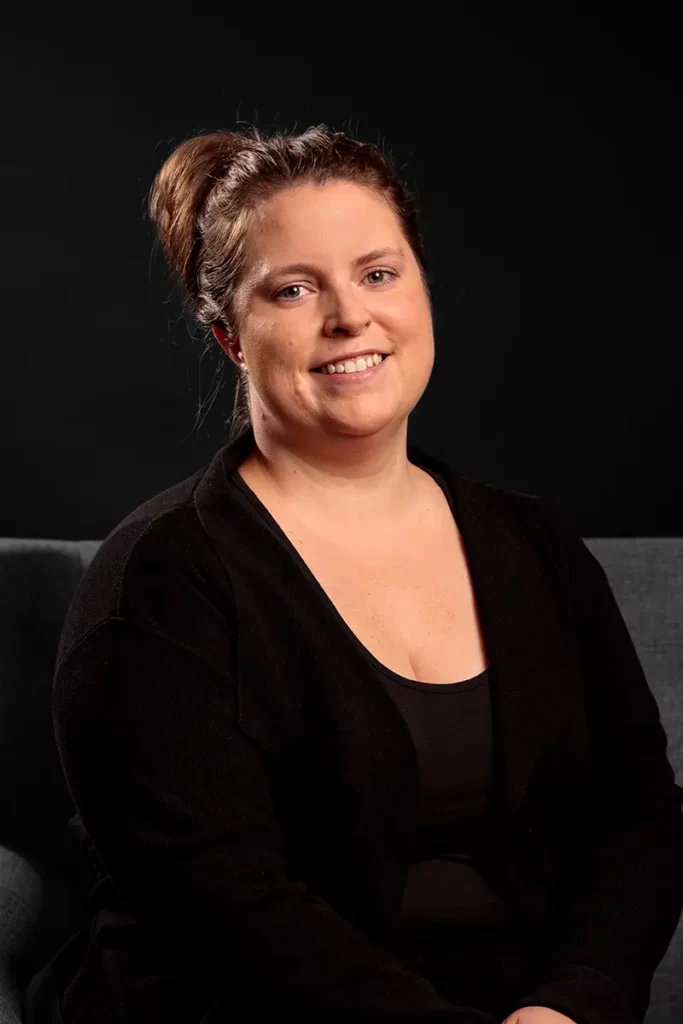Class Action Lawyers
Dispute Resolution & Litigation
What it takes to run a class action
A Class Action is a lawsuit that enables a group of claimants to bring an action against the same person, company, government entity, or multiple people or companies, where the disputes is common.
There are no limitations as to what actions can be brought.
Recently, the Courts have seen a trend of actions in areas such as product liability, medical negligence, financial services and environmental damage.
To be classified as a Class Action, the following requirements must be met:
- There must be seven or more persons who have a claim against one or more individuals, or corporate bodies;
- The claims must be in respect of a similar or related circumstance; and
- The claims must give rise to a substantial common issue of law or fact.
One of the main advantages of being in a class action is the costs. Costs are generally shared equally amongst members. As the saying goes – ‘the larger the class, the cheaper the costs’. Various other benefits include the support and encouragement offered from other members of the class, reducing the potential for adverse costs orders being made, minimising risks involved, and the benefit of a newly introduced Practice Direction in Queensland to follow for procedure (or a Part under the Federal Court Act). However, the greatest incentive of all is that as a class, your proceedings are stronger.
Starting a Class Action
It is important not to underestimate the complexity and the amount of work involved in implementing a class action.
Class actions ordinarily involve a single plaintiff, known as the lead plaintiff or representative plaintiff, pursuing a claim on behalf of a larger group that has been similarly affected.
Every class action is different, however, generally class actions are prosecuted using the lead plaintiff’s individual claim as a vehicle to assist the Court to determine the factual issues and the legal issues that they have in common with the rest of the group. The key to this process is that it allows those issues to be determined only once in the lead plaintiff’s claim such that group members are not required to prove those facts and issues again in separate Court proceedings.
When compared to the costs, time and risk involved in bringing a high number of individual claims, one can clearly see the significant advantages of a class action.
Generally, group members must register their participation in order to be able to receive compensation from the case.
Successful Class Actions
Most class actions in Australia settle prior to a final hearing or trial. This generally occurs because neither the group, nor the defendants, want to bear the risk associated with a decision going against them at a trial, nor do they want to pay the significant legal costs associated with running a class action to trial. In addition, it can take a number of years to prepare a class action for a trial, therefore settling a class action can take years off finalising matters.
Class action settlements require the approval of the Court before they can go ahead. This is done by the lead plaintiff making an application to the Court to approve a proposed settlement. Under this process, the Court considers all of the information about the settlement and what it will mean for the group members, including as to whether the settlement is fair and reasonable considering the strength of the claims made on behalf of the group members.
If a Court approves a proposed settlement, a plan is put in place with respect to distribution of the settlement monies. This scheme is a set of rules and processes by which a settlement pay out is to be divided between the group members. After assessment the claims, a group is appointed by the Court to administer the distribution of settlement monies to all registered group members.

Meet Charles Lethbridge
Partner, Commercial Litigation
Charles is a Partner and heads up our Commercial Litigation Department. Charles is also a Law Society Accredited Specialist in Dispute Resolution.
Attwood Marshall Lawyers’ litigation practice has become a prominent force on the eastern seaboard, and Charles’ clients include listed companies, private companies and individuals from across the country.
Having previously acted for international corporations and blue-chip Australian companies, Charles brings significant experience to this unforgiving area of law enabling him to secure significant results for his clients – ranging from multi-million-dollar claims in the Federal Court of Australia and the High Court of Australia, to smaller claims on behalf of family-owned companies and individuals.
He approaches his clients’ matters pragmatically and obtains the best results by advising upon all options available and understanding his clients’ goals.
Attwood Marshall Lawyers is an industry leader for class actions in Queensland
The class action regime only commenced in Queensland on 1 March 2017, and it is a relatively new regime compared to other states and the Federal jurisdiction. While the Federal Court legislated for class actions in 1991, Victoria and New South Wales only followed suit in 2000 and 2010, respectively.
Class actions in Queensland are relatively new. However, because Attwood Marshall Lawyers is based at Coolangatta on the Queensland/New South Wales border, we have been running class actions in New South Wales and the Federal Court for decades, therefore, we are well-versed in the class action regime across all jurisdictions.
With our experience, we can quickly get across all arguments, devise tactics and provide options to class members.
Defendants and their legal teams seek to terminate class actions early on by making arguments such as that the class action is too broad, wide or diverse as to the issues and evidence.
We have significant experience in navigating such defences.
Contact our Department Manager
If you believe you may have a potential Class Action and would like further information or advice, please contact our Class Action team any time.

